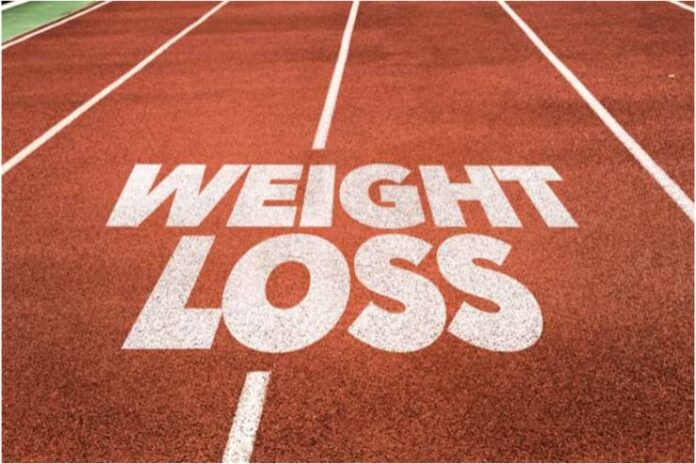Affiliate Disclaimer
Some links in this article are affiliate links. We may earn a small commission if you make a purchase through these links, at no extra cost to you. We only recommend products we find useful to our readersPeople must handle Type 2 diabetes very carefully because it is one of the most dangerous health diseases. According to the experts, to control the hazardous effects of type 2 diabetes, weight loss can be a great tool. Experts say losing just 5 percent of body weight can significantly improve blood sugar, cholesterol, and blood pressure.
People who use insulin often notice weight gain during diabetes treatment. Additionally, various other diabetic drugs can also trigger weight gain. Apart from that, your body goes through a period of hormonal change in your late 30s and early 40s, which triggers insulin resistance in your body, which fails the capability of the body to use insulin efficiently. However, following a few important weight loss tips can increase your metabolism and keep you away from the harmful effects of diabetes.
We’ve provided you with a list of some essential type 2 diabetes weight loss suggestions that you can use to halt your weight gain.
Weight Loss Tips For Type 2 Diabetes
1. Regular Exercise and Muscle-Building

Regular exercise is crucial for losing excess fat, improving metabolism, and aiding in fat loss. Exercise is more effective than medication for managing blood sugar. To maximize results, incorporate muscle-building exercises like cardio and resistance training. These help tone muscles and increase calorie burn throughout the day, even at rest.
Aim for at least 30 minutes of intense exercise daily, and stay active by walking more and sitting less. Combining aerobic exercises with strength training lowers blood sugar levels and enhances insulin sensitivity, supporting weight loss goals.
2. Measure Calorie Consumption
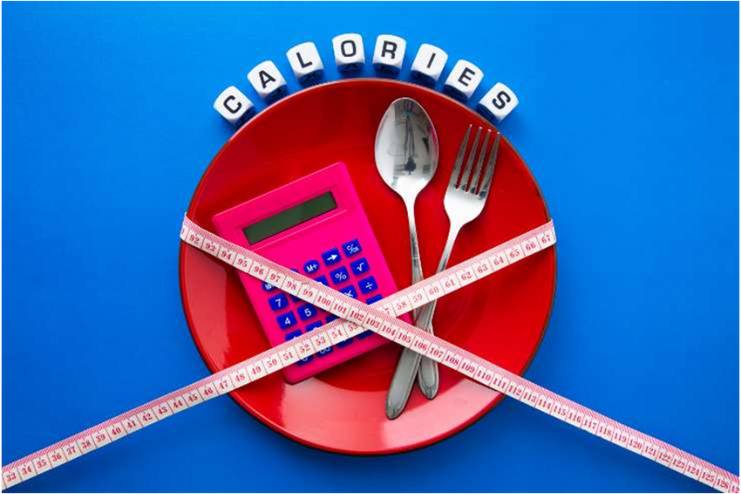
Individuals with type 2 diabetes need to be mindful of every calorie they eat, particularly sugar and carbs. According to a study, measuring or writing down calorie intake helps minimize diet, which leads to weight loss. Maintaining a diet journal or using a mobile app to note calorie intake can help you manage your calorie consumption.
3. Eat Breakfast Regularly
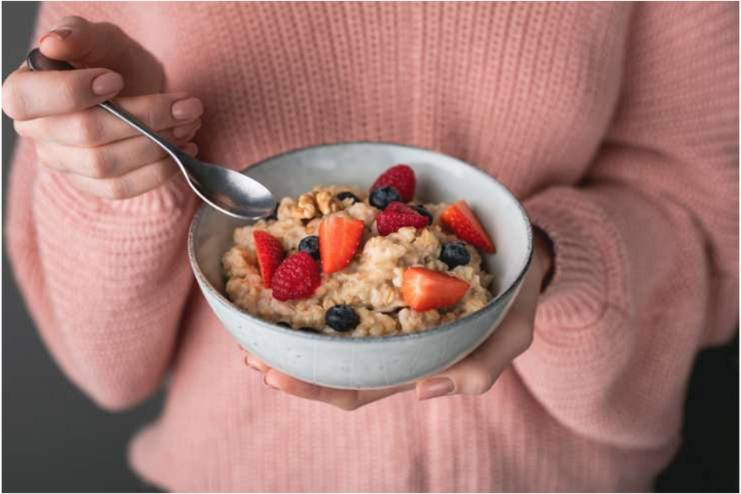
Eating breakfast is one of the most effective ways to achieve weight loss and maintenance. According to the experts, breakfast lowers hunger in the morning, provides better blood glucose, and helps raise basal metabolic rate. A study also found that people who have type 2 diabetes who eat a large breakfast of fat and protein show more significant results in lowering their diabetic medications. Having breakfast also helps get less impulsive and imbalanced diets later in the day.
4. Weigh Yourself Frequently
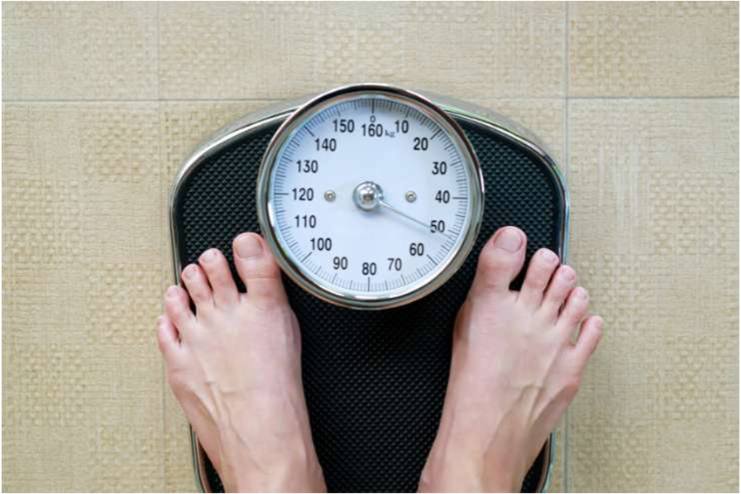
Checking your weight at regular intervals helps you self-monitor your weight. It is a meaningful way to be aware of your weight gain. According to the experts, this self-monitoring leads to consistent weight loss, as you can control your eating habits according to your weight. It’s critical to remain consistent with the time and date of your weight growth.
5. Plan Your Diet
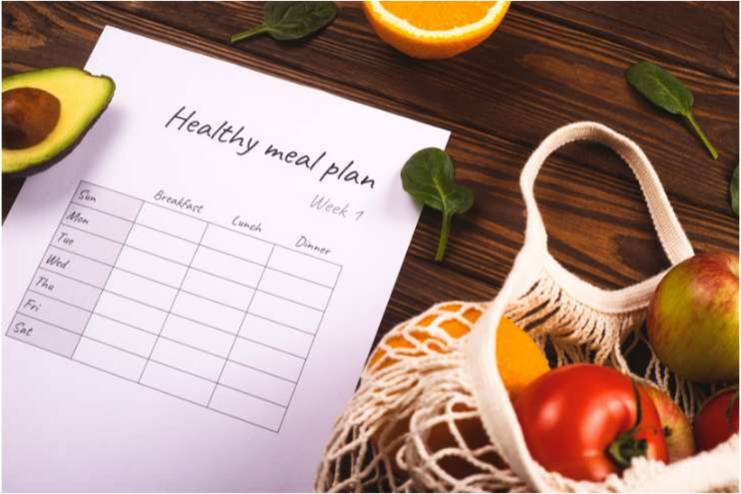
Dietary planning is essential for both controlling Type 2 diabetes and losing weight. Establish reasonable objectives and make a well-balanced diet plan that consists of a range of foods high in nutrients. To feel fuller for longer, restrict your portion sizes and choose high-fiber foods like veggies, whole grains, and lean proteins. Avoid sugars and processed foods because they raise blood sugar levels. Plan your meals to prevent making bad decisions when you’re hungry. You can promote weight loss and diabetes management by incorporating healthy eating habits into your daily routine and organizing your diet.
6. Know What You Are Eating

Knowing what you consume can help you lose weight and manage Type 2 diabetes. To begin with, thoroughly examine food labels to determine the nutritional information, such as the amount of calories, carbohydrates, and sugars. Be mindful of serving sizes because overindulging in even healthful foods might result in a calorie overload. Give priority to complete, unprocessed foods such as whole grains, fruits, vegetables, and lean meats.
When to Seek Professional Guidance
Personalized assistance can significantly impact your success when managing weight loss for Type 2 diabetes; therefore, speaking with healthcare specialists is essential. Customized weight loss programs can handle specific difficulties and maximize outcomes, guaranteeing that your blood sugar levels and weight are well controlled.
Consider speaking with a dietitian to create a balanced meal plan that satisfies your dietary needs and tastes. An endocrinologist can offer specific advice on how to control your diabetes and change your medication as necessary. A qualified personal trainer with experience dealing with diabetes can also assist in developing a safe and efficient workout program. By speaking with these professionals, you can obtain specialized advice and techniques to help you manage your Type 2 diabetes and reach and sustain your weight loss objectives.
Conclusion
Maintaining a healthy weight while dealing with Type 2 Diabetes requires careful blood sugar monitoring, frequent exercise, and a balanced diet. Essential efforts include prioritizing low-glycemic foods, controlling portion sizes, drinking enough water, and using stress-reduction strategies. Consistent physical activity catered to personal demands is equally vital. Implementing these tactics with expert advice from medical professionals guarantees a comprehensive plan for managing weight. You can take proactive measures to control your diabetes and enhance your general health by getting individualized advice.
In this Article













